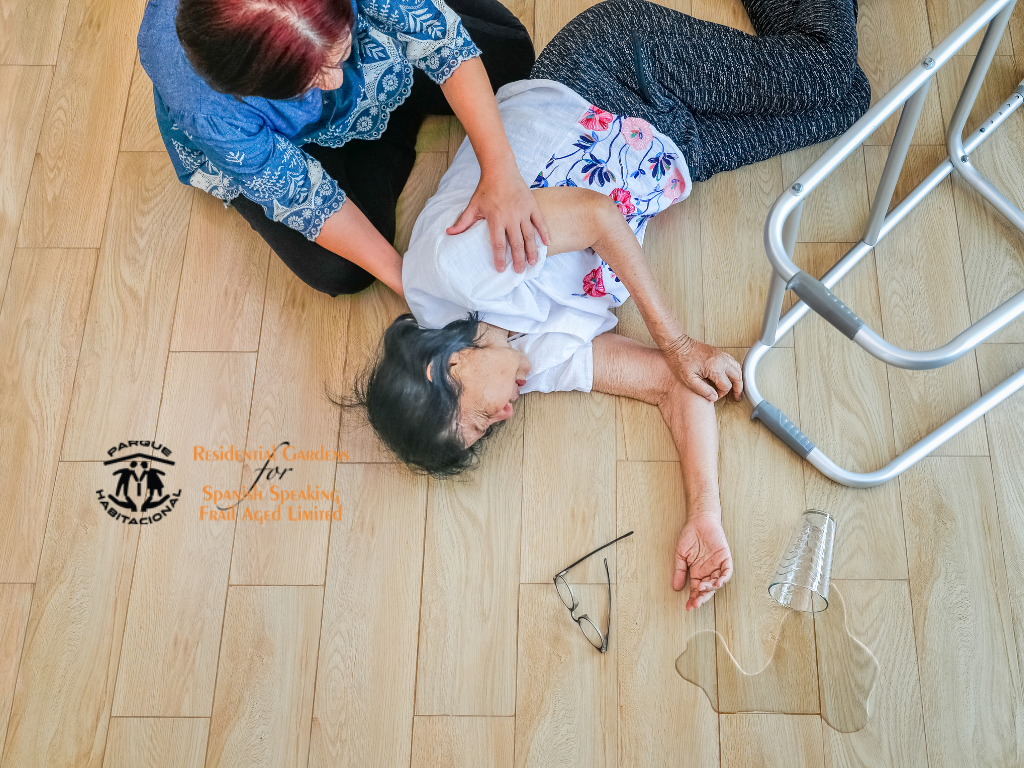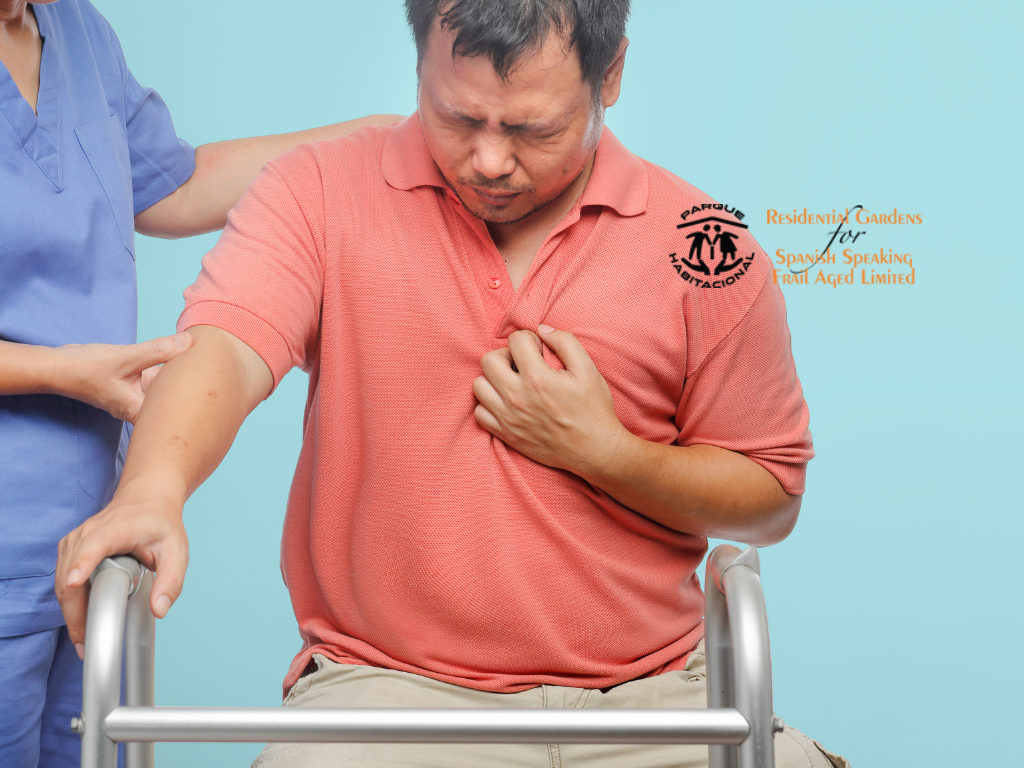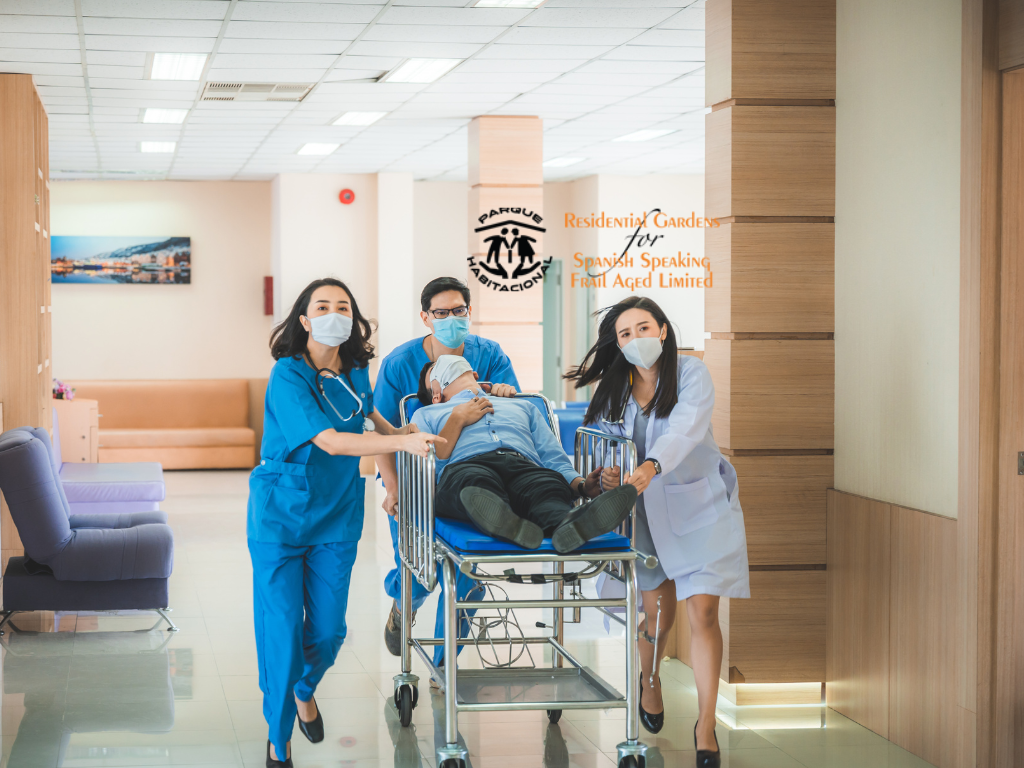Emergencies can happen at any time, and being prepared is essential in Age Care. Residents in residential aged care facilities rely on staff to ensure their safety during unexpected events. Whether it’s a natural disaster or a medical emergency, having the right plans in place can save lives.
In residential aged care facilities, emergencies can be more challenging to manage. Many residents have mobility issues or health conditions that make quick evacuations difficult. This is why having detailed procedures and trained staff is so important.
Communities like retirement villages NSW also play a vital role in emergency preparedness. These areas often work together to share resources and coordinate responses during a crisis. A retirement resort or village that plans ahead helps everyone feel more secure.
What Plans Are in Place for Natural Disasters?
Natural disasters such as bushfires, floods, and heatwaves are common concerns in Australia. Residential aged care facilities have specific plans to handle these situations.
For example, during bushfire season, facilities monitor local warnings and prepare evacuation routes. Residents are moved to safer areas quickly, and staff ensure everyone is accounted for. For floods, facilities in retirement villages NSW often have raised areas or nearby shelters ready to use.
Heatwaves are another challenge, especially in Age Care. Facilities focus on keeping residents cool with air-conditioned spaces and plenty of water. Staff also check on residents frequently to prevent heat-related issues.
In a retirement resort or community, connections with neighbours can also make a big difference. Sharing information and helping one another creates a safer environment for everyone.
How Are Medical Emergencies Handled in Residential Aged Care?

Medical emergencies are a common concern in residential aged care facilities. When something happens, staff are trained to respond quickly and calmly. Their first step is often calling an ambulance and providing immediate care while waiting for professional help.
Having on-site healthcare options is a big advantage in Age Care. Some facilities in retirement villages NSW even have medical professionals available 24/7. This ensures that help is always close by when it’s needed.
Coordination with local hospitals is another important part of emergency response. Residential aged care facilities often have established partnerships with nearby medical centres. This helps them provide seamless care during emergencies. A retirement resort that prioritises health services gives residents and their families greater peace of mind.
What Technology Helps Keep Residents Safe?
Technology plays a big role in improving safety in Age Care. Residential aged care facilities use many tools to stay prepared for emergencies and keep residents secure.
Emergency alert systems are one of the most important tools. These systems help staff quickly notify everyone when an emergency happens. Alarms and announcements guide residents and staff to follow evacuation plans or safety procedures.
Monitoring tools are also widely used in Age Care. For example, wearable devices can track a resident’s health and alert staff if something is wrong. Sensors and cameras in common areas can help ensure residents are safe without invading their privacy.
Communication systems are another key part of emergency readiness. Facilities often use apps or digital platforms to send updates to staff and families. In retirement villages NSW or a retirement resort, these systems ensure everyone stays informed during critical situations.
Technology not only makes emergency management easier but also gives peace of mind to residents and their families.
How Staff Are Trained for Emergencies

Staff training is one of the most important steps in emergency preparedness. In residential aged care facilities, the team must know how to handle different types of emergencies.
Regular training sessions ensure that staff are ready to act quickly. They learn evacuation procedures, how to use emergency equipment, and ways to keep residents calm. Staff also practise first aid skills, which are especially important in medical emergencies.
Drills and refresher courses are common in Age Care. By running practice scenarios, staff can improve their response times and teamwork. These drills help everyone stay confident and prepared for real emergencies.
Coordination with local emergency services is also essential. In retirement villages NSW, facilities often work closely with fire brigades, police, and hospitals. This ensures a quick and effective response when emergencies happen.
A well-trained team makes a huge difference in keeping everyone safe during a crisis.
How Families Are Kept Informed During Emergencies
Keeping families updated during emergencies is a top priority in Age Care. Residential aged care facilities have clear communication plans to ensure families know what is happening.
Many facilities use text messages, emails, or phone calls to share updates. This lets families stay informed without needing to call during a busy situation. In retirement villages NSW, some facilities use apps or online portals to provide real-time updates.
Families can also stay connected by speaking to staff or visiting when it’s safe to do so. Knowing who to contact and how to get updates helps families feel less anxious.
Choosing a retirement resort or aged care facility with a strong communication system gives peace of mind. It shows that the facility values transparency and the well-being of residents and their loved ones.



